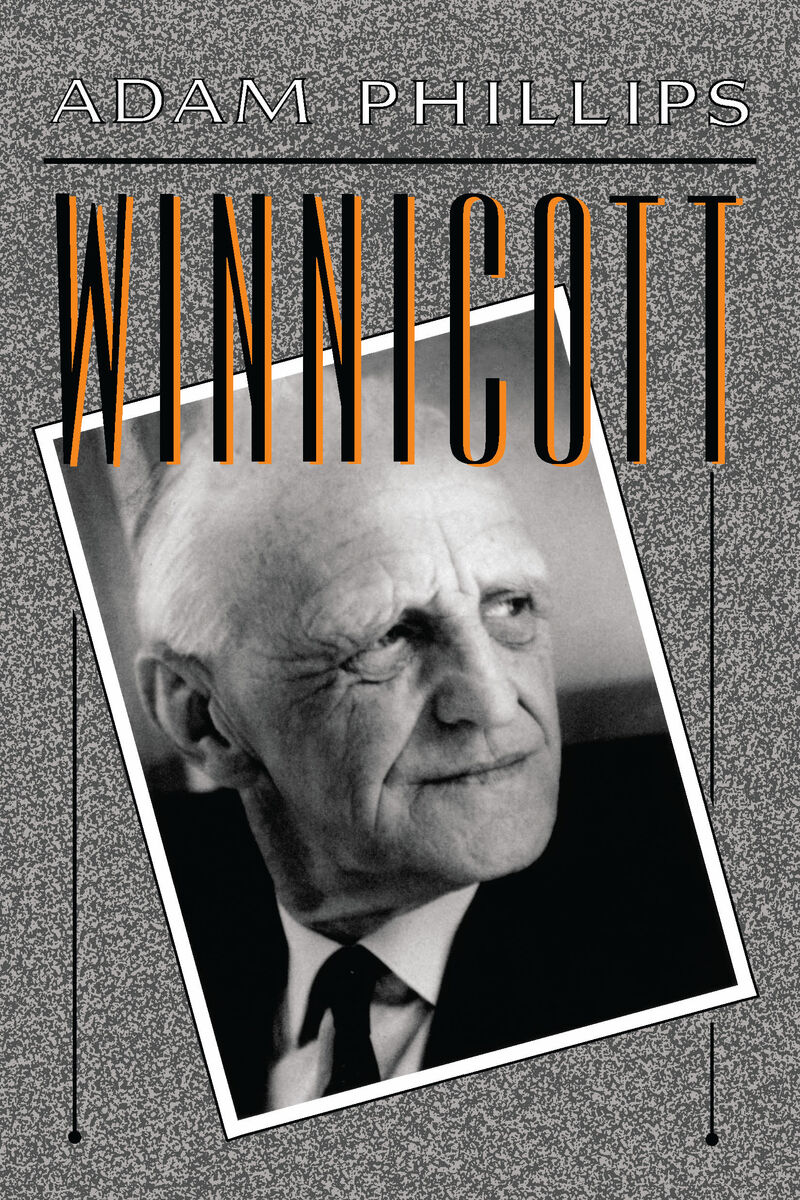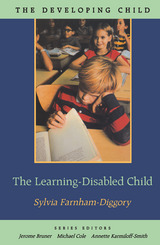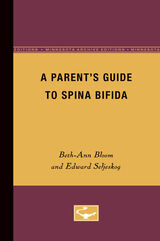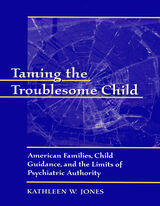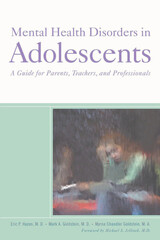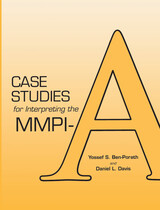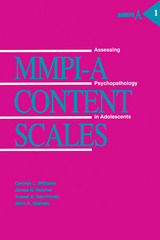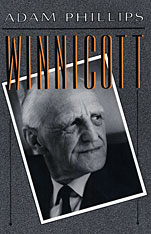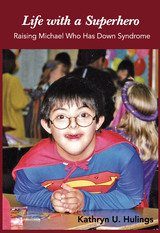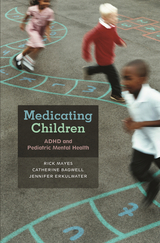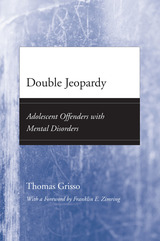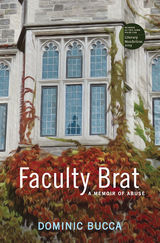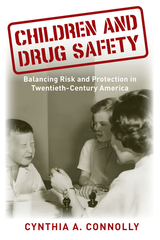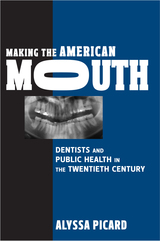A charming new book…that sums up the work of the British psychoanalyst D. W. Winnicott, the only major therapist I know of whose language would have pleased a poet… [Winnicott’s] depiction of the beginning of human life is a kind of wry sublime. The infant’s relation to his mother, he says, is one of utter ruthlessness. He uses her in an absolute way, as if this were her destiny. Gradually, by making herself less available to him, the mother ‘disillusions’ the infant. Then, the wind knocked out of him, he is obliged to reconsider his ruthlessness… According to Mr. Phillips, Winnicott believed that this early experience sets a pattern for life, which is ‘a continual and increasingly sophisticated illusionment—disillusionment—re-illusionment process.’ Winnicott suggested that the artist’s ruthlessness resembled, even repeated, the infant’s. In the absence of a mother, the critic has to disillusion and re-illusion the artist. In therapy, the analyst does it for the patient.
-- Anatole Broyard New York Times Book Review
A distinguished addition to the growing body of literature on the most important native-born English psychoanalyst. Phillips is especially illuminating on Winnicott’s life, drawing, for example, on Winnicott’s late poem ‘The Tree’ for evidence of ‘his mother’s depression, and her consequent inability to hold him’… [This book] is written in the spirit of independent thinking that Winnicott himself fostered.
-- Times Literary Supplement
This short critical study is one of the best introductions to the British pediatrician and psychoanalyst who augmented object-relations theory and gave us the concept of the ‘good-enough’ mother.
-- Boston Globe
[Adam Phillips] has added his name with distinction to the growing literature on Winnicott… [His] book presents a cohesive study of the major conceptual paradigms developed by Winnicott in his lifetime.
-- Macario Giraldo Psychiatry
This beautifully written account explores the development of British psychoanalyst Donald Winnicott’s thought. The author, a fellow Briton and a child psychotherapist, is both a sympathetic interpreter and a perceptive critic of Winnicott’s ideas from both a therapeutic and a scientific perspective… Phillips praises Winnicott for his major theoretical contributions—transitional phenomena, primary creativity, ruthlessness, the antisocial tendency, and the ‘true and false self’… By deftly weaving bits of biographical information into the narrative, the author places Winnicott in historical perspective, illuminating his often tactfully disguised quarrels with his predecessors, Freud and Klein, and suggesting how personal preoccupations became theoretical arguments in Winnicott’s intuitive and idiosyncratic mind.
-- Mary Hayden Science Books & Films
